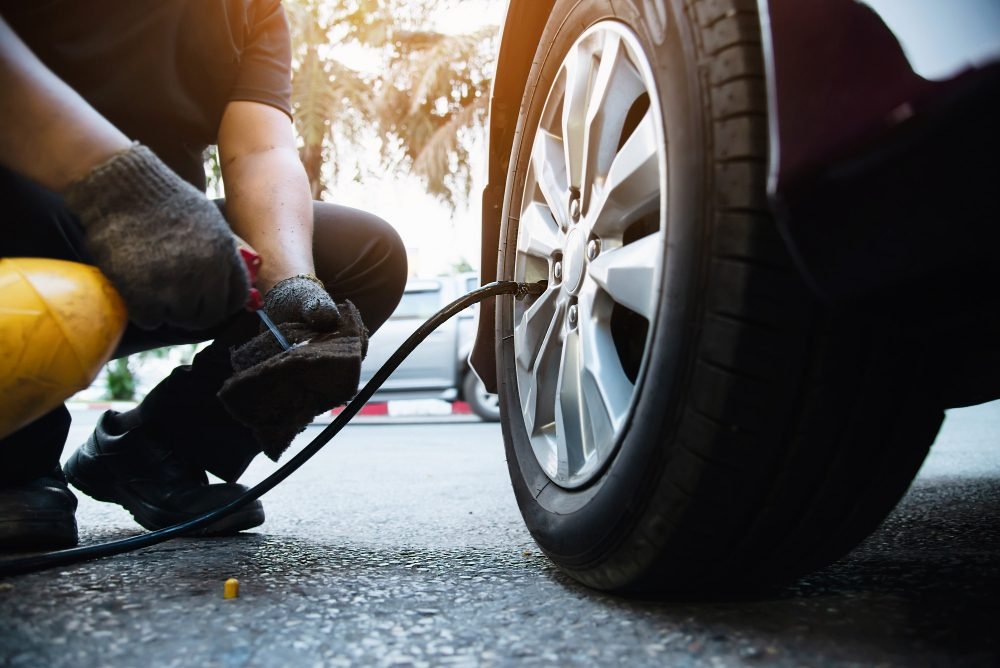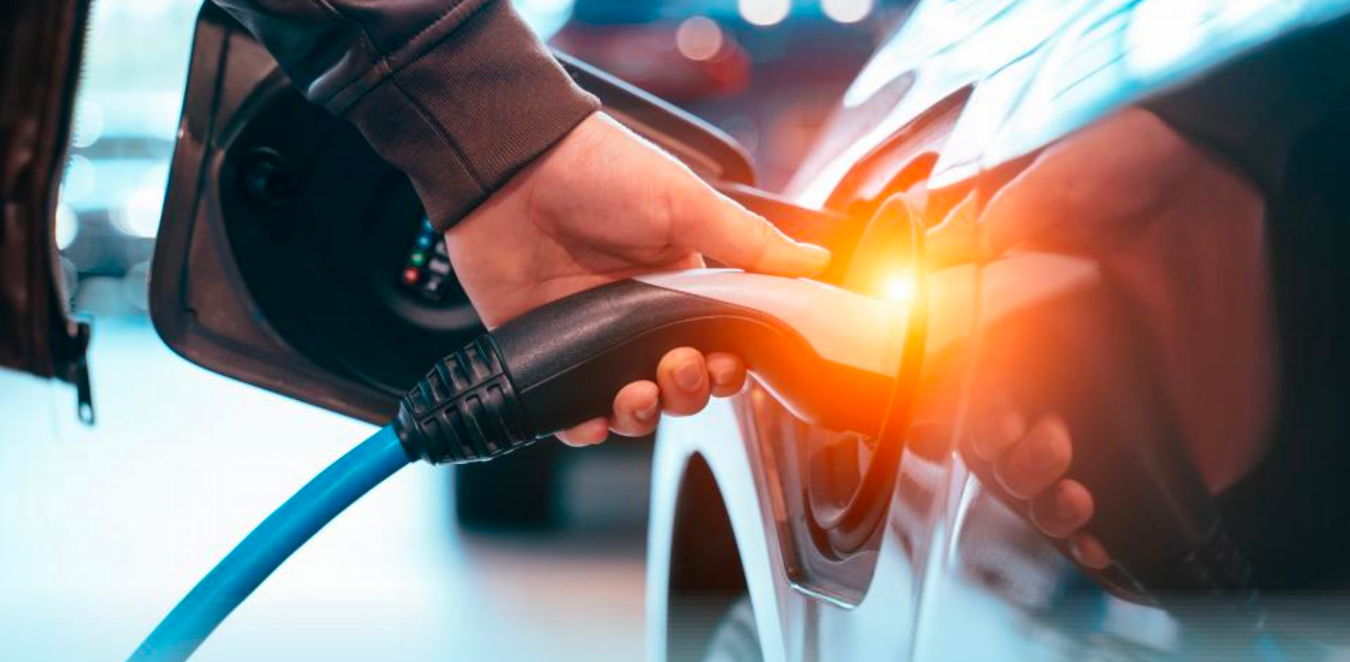Tires are one of the most important components of your vehicle. They are the only part of the car that directly connects to the road, making proper tire care and maintenance crucial for both safety and performance. In this post, we will explore the importance of tire care, how to maintain your tires, and the benefits of keeping them in top condition.

Enhance Safety
The primary function of tires is to keep your vehicle in contact with the road, so tire maintenance is vital for your safety. Worn-out or improperly maintained tires can lead to dangerous driving conditions. For example, tires with insufficient tread depth can result in poor traction, especially in wet or snowy conditions, increasing the risk of hydroplaning or skidding. Regular tire checks, including monitoring tread wear, air pressure, and alignment, can help ensure that your tires perform optimally, especially during adverse weather.
Maintaining properly inflated tires is also essential for preventing blowouts. Under-inflated tires generate excessive heat, which can lead to tire failure, while over-inflated tires are more prone to punctures. Proper tire maintenance reduces the likelihood of sudden tire issues, keeping you and your passengers safe.
Improve Fuel Efficiency
Proper tire maintenance not only keeps you safe but can also help you save money on fuel. Tires that are under-inflated can increase rolling resistance, meaning your car has to work harder to move, thus consuming more fuel. According to the U.S. Department of Energy, keeping your tires properly inflated can improve your vehicle’s fuel efficiency by up to 3%.
In addition, tires that are properly aligned and balanced will reduce friction, helping your car to glide more smoothly, further improving fuel efficiency. Regular tire maintenance, including checking air pressure and ensuring proper alignment, can keep fuel costs down and help your car run more efficiently.
Prolong Tire Life
Tire maintenance plays a key role in prolonging the life of your tires, helping you get the most value for your investment. Regularly rotating your tires ensures that they wear evenly, which helps extend their lifespan. Uneven tire wear can result from misalignment, unbalanced tires, or driving habits. By rotating your tires according to the manufacturer’s recommendations, you ensure that all tires wear at the same rate, which prevents premature replacement and reduces overall costs.
Additionally, checking your tire pressure regularly prevents unnecessary wear. Tires that are consistently over- or under-inflated will wear out faster, needing to be replaced more frequently. Maintaining proper tire care can save you money by reducing the need for premature tire replacements.
Maintain Handling and Performance
Tires play a vital role in the overall handling and performance of your vehicle. Proper tire maintenance ensures that your car handles well, especially during turns, braking, and accelerating. Tires that are out of balance or misaligned can cause vibrations, noise, and uneven handling, which can be both uncomfortable and unsafe.
For example, improper alignment can lead to uneven tire wear, making your vehicle pull to one side or causing poor handling during turns. On the other hand, properly maintained tires provide a smoother ride and better control, improving your driving experience and vehicle performance. Regular tire checks, including balancing and alignment adjustments, ensure that your vehicle performs at its best.
How to Maintain Your Tires
To keep your tires in good condition, there are several simple steps you can follow:
- Check Tire Pressure: Use a tire pressure gauge to check the air pressure at least once a month. Ensure that the pressure matches the recommended levels in your vehicle’s owner’s manual.
- Rotate Tires: Tire rotation helps to ensure even wear. Typically, you should rotate your tires every 6,000 to 8,000 miles, but always follow the manufacturer’s recommendations.
- Inspect for Damage: Look for signs of wear, such as cracks, cuts, or punctures. If you notice any significant damage, it’s best to replace the tire immediately.
- Ensure Proper Alignment and Balancing: Misalignment can lead to uneven tire wear, while unbalanced tires can cause vibrations. Regular alignment and balancing checks can help prevent these issues.
- Monitor Tread Depth: Check the tread depth to ensure your tires provide adequate traction. Replace tires if the tread is worn down to 2/32 of an inch or less.
By following these simple steps, you can significantly improve the lifespan and performance of your tires, ensuring a safer and more efficient driving experience.
Conclusion
Tire care and maintenance are essential to ensure the safety, performance, and longevity of your vehicle. Regular tire checks, proper inflation, and routine rotations help enhance traction, improve fuel efficiency, and extend the life of your tires. With proper maintenance, your tires will provide a smoother ride, better handling, and improved safety. Taking a little time to care for your tires can save you money and protect you on the road. So, make tire maintenance a priority, and enjoy the peace of mind that comes with knowing your vehicle is in top condition.










